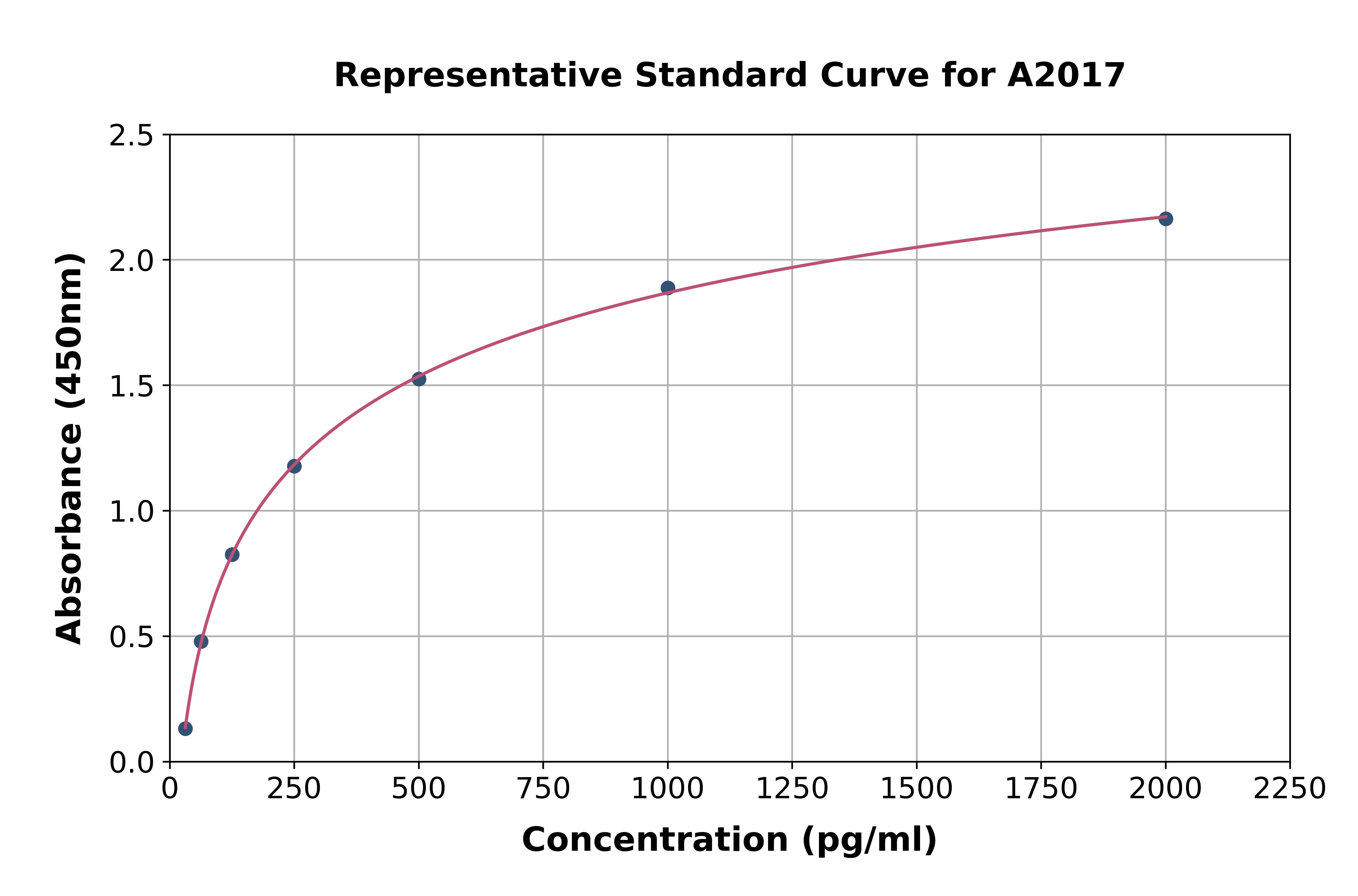Human Renin (High sensitive) ELISA Kit
ARG80884
Product group Assays
Overview
- SupplierArigo Biolaboratories
- Product NameHuman Renin (High sensitive) ELISA Kit
- Delivery Days Customer23
- ApplicationsELISA
- Assay Sensitivity0.81 pg/ml
- Assay Time90, 90 (RT/shaker), 15 min (RT)
- CertificationResearch Use Only
- ConjugateHRP
- Protein IDP00797
- Protein NameRenin
- Scientific DescriptionRenin is an enzyme (Mw of 37 kDa) that belongs to the aspartic acid protease family. Renin is a member of Renin-Angiotensin-Aldosterone System (RAAS) that controls blood pressure, renal blood flux, glomerular filtration, and sodium/potassium homeostasis. Renin is produced constitutively as prorenin, an inactive precursor with 386 amino acids, in the juxtaglomerular cells of the kidney. In response to low intra-renal blood pressure, reduced sodium reabsorption, hypokalemia or activity of the sympathetic nervous system, active renin can be released either from a depot in the kidney or generated from prorenin by cleavage of 46 amino acids at the N-terminus of prorenin. Prorenin secretion into the blood is continuous, in contrast to the tightly controlled release of renin, and blood concentration of prorenin is approx. 100-fold higher than active renin. After release and activation, soluble renin mediates cleavage of the a2-globulin angiotensinogen into the precursor peptide angiotensin I, which ultimately is processed by angiotensin converting enzyme (ACE) to the octapeptide angiotensin II. All actions of angiotensin II are mediated by the G protein-coupled angiotensin type 1 (AT1) and angiotensin type 2 (AT2) receptors. Direct physiological effects of Angiotensin II include vasoconstriction, increase of tubular reabsorption of sodium and chloride, water retention, and release of the hormones aldosterone from adrenal cortex, antidiuretic hormone (ADH, Vasopressin) from posterior pituitary, and adrenocorticotropic hormone (ACTH, Corticotropin) from anterior pituitary. Release of these hormones further supports sodium retention and secretion of potassium/H+ in the kidney, and increases thirst sensation and the desire for salt through the subfornical organ of the brain. In a negative feedback loop, renin secretion is reduced by high concentration of angiotensin II, and release of aldosterone is lowered by potassium depletion. Beside the action of soluble renin, binding of renin and prorenin to the membrane-bound renin receptor ATP6AP2 in brain, heart, placenta, liver, kidney and pancreas enhances efficiency of angiotensinogen cleavage and induces angiotensin-independent intra-cellular effects by activating mitogen activated kinases ERK1 and ERK2. Plasma renin is a good index for the activity of the RAAS. In case of dysfunction of the RAAS, the Renin assay will allow clinical implications for diagnosis, treatment, and follow up. Active renin should be measured in: - Diagnosis of hypertension (high blood pressure: if diastolic blood pressure is > 90 mm Hg and systolic blood pressure is > 140 mm Hg; guideline of the European Society of Cardiology and the European Society of Hypertension) - Differential diagnosis of hyperaldosteronism (primary hyperaldosteronism, secondary hyperaldosteronism with or without hypertension, pseudo-hyperaldosteronism) - Diagnosis of isolated deficit in mineral corticoids - Differential diagnosis of hypokalemia (secondary hyperaldosteronism or primary hypermineralcorticism) - Detection of Renin producing tumors in the kidney - Monitoring of glucocorticoid therapy - Diagnosis of insufficient response to antihypertensive treatment
- Storage Instruction2°C to 8°C
- UNSPSC41116100
- SpeciesHuman







